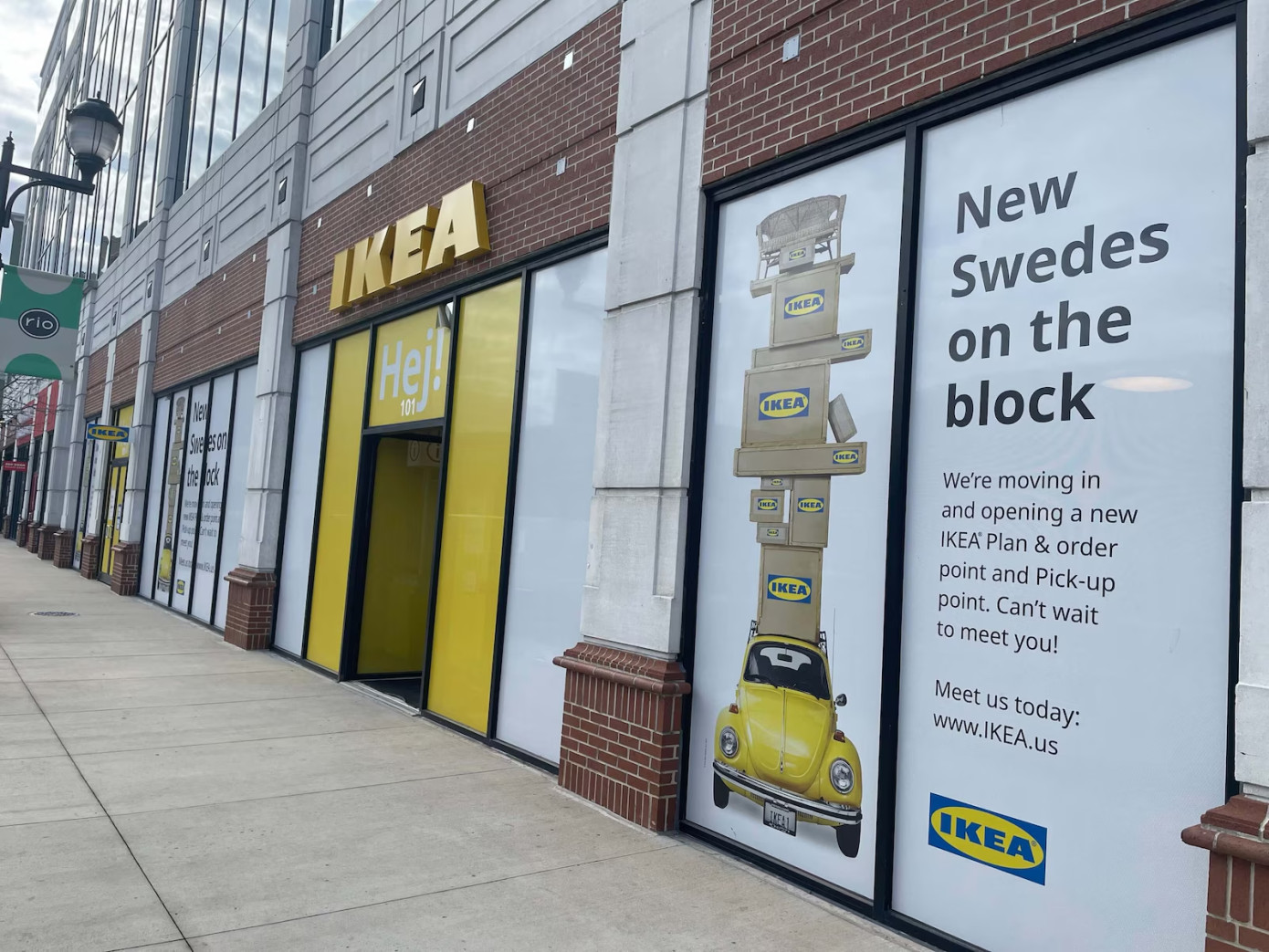IKEA has introduced a new platform, IKEA Preowned, that allows customers to sell secondhand furniture directly to each other, marking the Swedish giant’s first major step into the resale market. Initially launching in Madrid and Oslo, the marketplace will be tested until the end of the year, with plans for global expansion. According to Ingka Group CEO Jesper Brodin, this move aligns with IKEA’s growing digital ambitions.
“This has been a long-time goal for IKEA. We now have the digital capabilities to innovate in this space,” Brodin said to FT. “The global second-hand furniture market is growing rapidly, with a projected annual growth rate of 6.4% in 2024. Already today, 10% of the second-hand home furnishing market is made up by IKEA products. With this platform we see possibilities to simplify and enhance experience for both sellers and buyers,” adds Brodin.
The Preowned platform reflects IKEA’s ongoing transformation from an out-of-town warehouse retailer to a digitally-driven business offering online sales, urban stores, and additional services like assembly. Previously, IKEA bought used furniture from customers to resell in stores, but the new platform targets the broader secondhand market, allowing customers to manage listings, upload photos, and set prices.
By integrating artificial intelligence, IKEA’s platform enhances listings with promotional images and product measurements. Sellers can opt for cash payments or IKEA vouchers, with a 15% bonus incentive for the latter. Buyers collect furniture directly from sellers, streamlining the transaction.
Currently, IKEA is providing free listings on the platform, though Brodin mentioned the possibility of introducing a small fee in the future. The initiative also aligns with IKEA’s goal to become more environmentally sustainable, with a commitment to being “circular and climate positive” by 2030.
“We believe this can reconnect us with customers in a meaningful way. It makes good business sense,” Brodin added.
